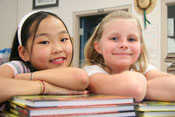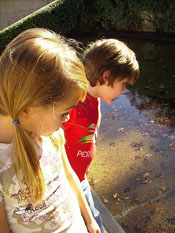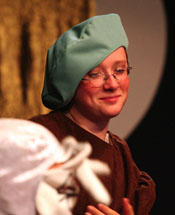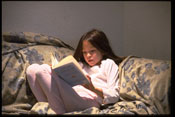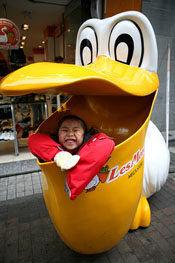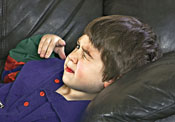This is a very old game, but is always a very great favorite. The more the players, the greater the fun.
The way to play it is as follows. The player: sit in a circle and begin to count in turn, but when the number 7 or any number in which the figure 7 or any multiple of 7 is reached, they say “Buzz,” instead of whatever the number may be. As, for instance, supposing the players have counted up to 12, the next player will say “13,” the next “Buzz,” because 14 is a multiple of 7 (twice 7) – the next player would then say “15,” the next “16” and the next would of course say “Buzz” because the figure 7 occurs in the number 17. If one of the players forgets to say “Buzz” at the proper time, he is out. The game then starts over again with the remaining players, and so it continues until there is but one person remaining. If great care is taken the numbers can be counted up to 70, which, according to the rules before mentioned, would of course be called Buzz. The numbers would then be carried on as Buzz 1, Buzz 2, etc., up to 79, but it is very seldom that this stage is reached.
Games for All Occasions by Mary E. Blain


